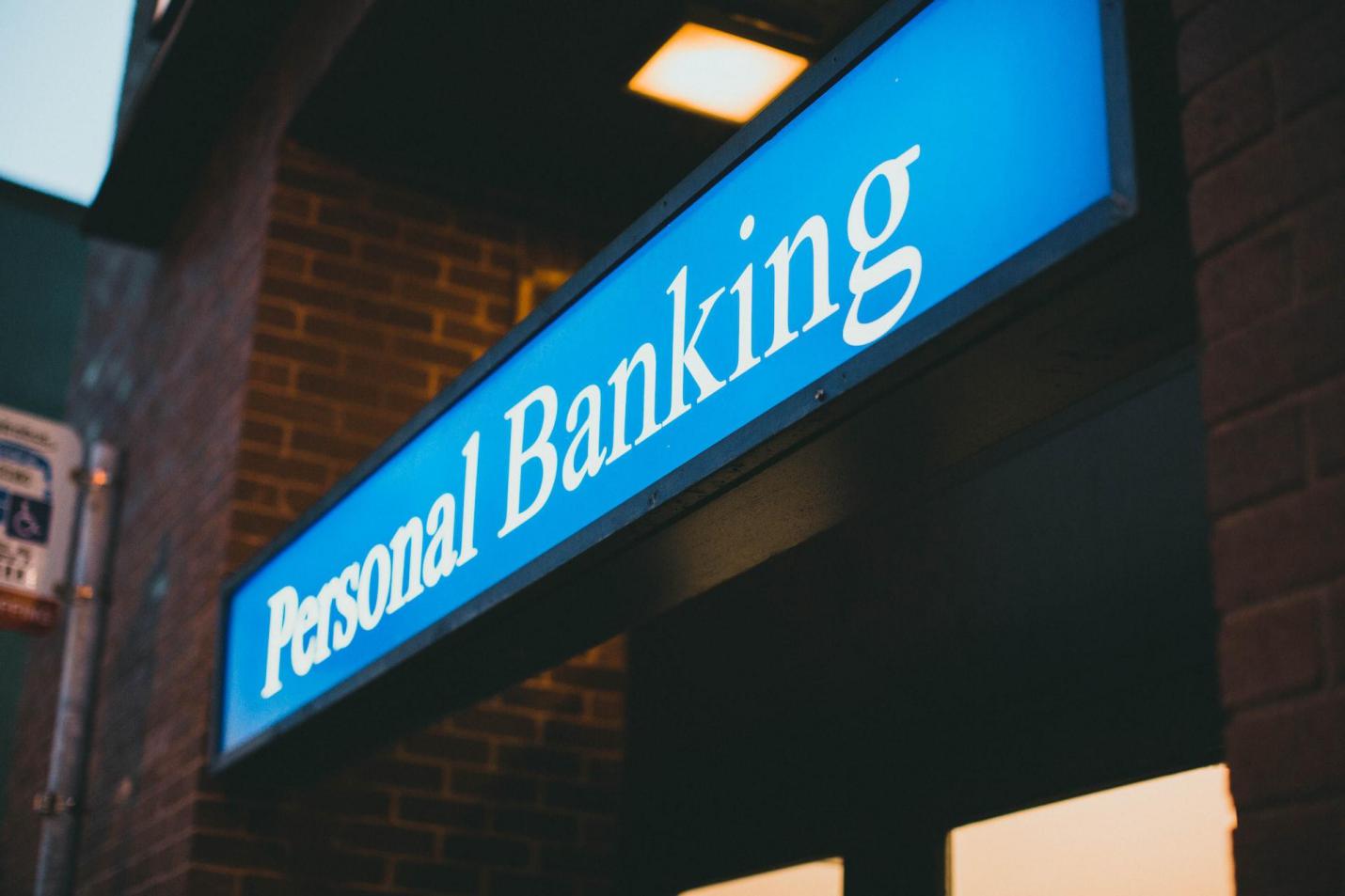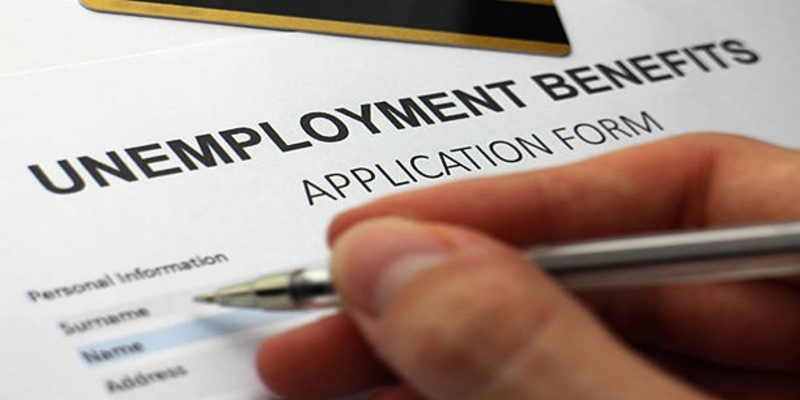The most important choice you will ever make may not be which bank to use. However, choosing the bank that best suits your needs may help you manage your finances and save money.
The bank you choose should meet your financial demands. Finding the best bank to match your needs is essential since each bank has different capabilities, whether you need access to ATMs or better savings rates. Considering all the bank details will be beneficial because not every bank offers the same charges, interest rates, fees, accounts, and services.
If you're still confused and unsure which bank is best for your needs, consider these few things before making your choice. Follow these instructions to become aware of your preferences and select the bank that best suits your requirements.

Consider the Type of Banks
The primary and most important thing in selecting a bank is the type of bank. There're four types of banks, each with its strengths and drawbacks.
Consider your present financial condition, previous banking practices, and future requirements before selecting a bank. Search for a bank offering more benefits on different accounts and services and offering extra features.
1. National & Traditional Banks
Traditional banks are quite common and usually clients' first option. A traditional bank is your finest option if all you want to do is simple banking. Such banks provide customers with many services through a chain of physical branches.
They also provide ATMs services for their clients. Electronic payments for bills and depositing funds are popular through these banks. Compared to other banking options, larger banks often offer a greater variety of services and have more physical branches and ATM services.
Traditional banks offer a variety of accounts, large ATM networks without fees, financial services, and mobile applications.
2. Online Banks
Online banks have fewer or no branches, but they offer the same services as traditional banks. Their interest rates and service charges are frequently more affordable than conventional banks. Customer care specialists are available at online banks to help you, so there is no need to worry.
3. Credit Union
Credit unions are member-owned and nonprofit institutions. They are a great option for clients that choose a strong local focus. You must be eligible and become a "member" before you can establish an account.
Despite being smaller than community banks, they are still renowned for their exceptional customer service. Credit unions have fewer branches and usually offer lower interest rates and low fees.
4. Community or Regional Bank
Regional or community institutions are locally centered, mainly taking local deposits and lending. These banks play a vital role in the neighborhood economy and are also a great option for people who favor a client-focused strategy.
These banks offer many services, such as a variety of accounts, financial services, a network of nearby branches, and community-centered assistance. Their fees are quite lower than traditional banks.
Evaluate Bank Fees & Interest Rates

Many important factors should be considered before picking a bank. What type of bank do you select, and how much it will cost you? Bank fees, interest rates and services, and other features.
1. Identify the Right Bank Account
Any financial institution you choose should provide federal insurance. You must be aware that your money would be safe and available if your bank were to close. Or else, you might be putting your money at risk by relying on a company that, in the worst event, won't stand by you.
Savings and checking account has various features. Thus it is usually a good idea to hold them at different banking institutions.
2. Choose Lower Interest Rates
The fees and interest rates offered by a financial institution are the next factors when deciding bank account. For two reasons, interest rates are significant. You can reach your financial objectives if you pay less interest and gain more interest in your savings. But the rates of interest differ from one institution to another.
3. Extra Features & Services
Most banks provide additional incentives or benefits that could be essential to you.
Internet Banking
These choices are currently available at the majority of banks. If you use your account often for bill payments or other services, this service saves you time and money.
Local Branches
Even if you typically interact with your bank online, there may be instances when it is more convenient to go to a branch. For checking accounts, many individuals consider having a local bank branch. Similarly, an ATM network may be vital if you travel regularly and want quick access to cash while on the road.
ATMs Services
Similarly, an ATM network is vital if you travel a lot and want quick access to money.
Final Verdict
Take some time to consider how you utilize the accounts you presently have and if you're losing a lot of money in ban fees, try to switch banks. However, this suggests that selecting the right bank is not often a one-time task. As your investing and financial goals change over time, the best bank for you may also vary.
It's an excellent idea to remember that there is no limitation on how many bank accounts you may have or how often you can switch banks. You can choose more than one bank to manage your money more effectively. This also allows you to obtain access to a larger number of products, reduced fees, and better rates.



